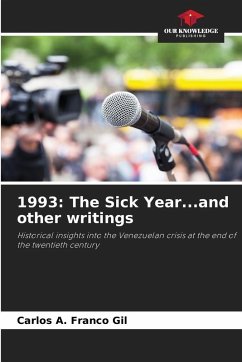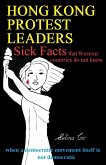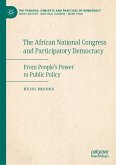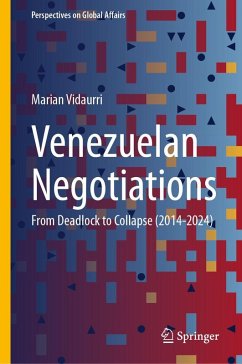In this work, Carlos A. Franco Gil proposes an exercise of critical reconstruction of the Venezuelan historical memory starting from a crucial year: 1993. Inspired by the theoretical contributions of Pierre Nora and Martha de Alba, the author articulates commemoration as an analytical tool to address the ruptures that marked the end of the representative democracy that emerged in 1958. Through the study of four milestones -the presidential dismissal of Carlos Andrés Pérez, the bombings in Caracas, the Banco Latino banking crisis and the electoral collapse of the two-party system- a complex reading of the process of institutional, social and symbolic decomposition that led to the radical transformation of the Venezuelan political system unfolds. This work invites the reader to look at the past with the questions of the present, in an effort to understand how the fragmented narratives of memory become interpretative keys to historical evolution.
Bitte wählen Sie Ihr Anliegen aus.
Rechnungen
Retourenschein anfordern
Bestellstatus
Storno








